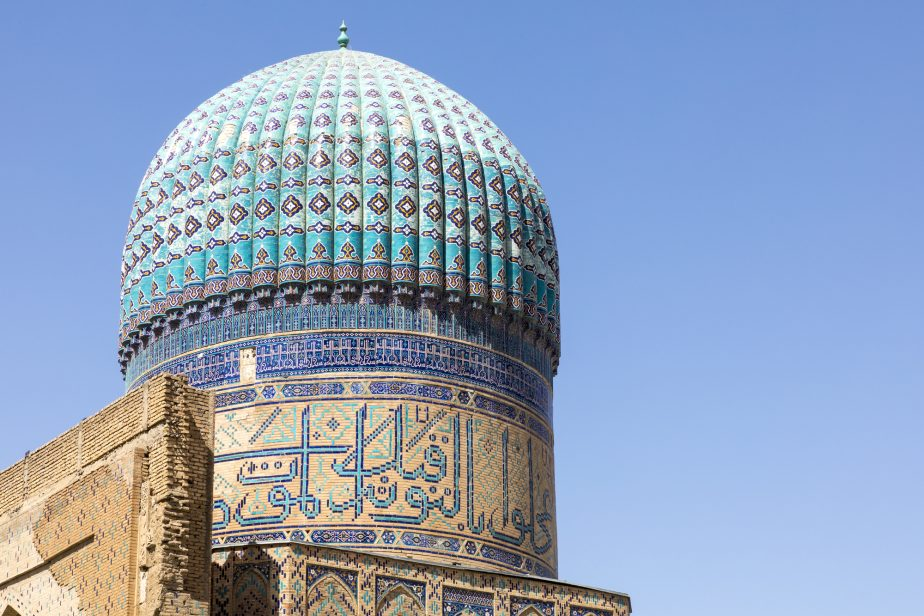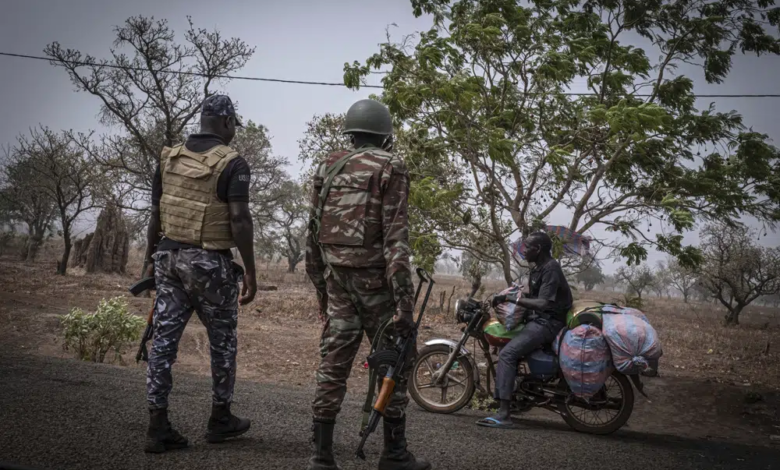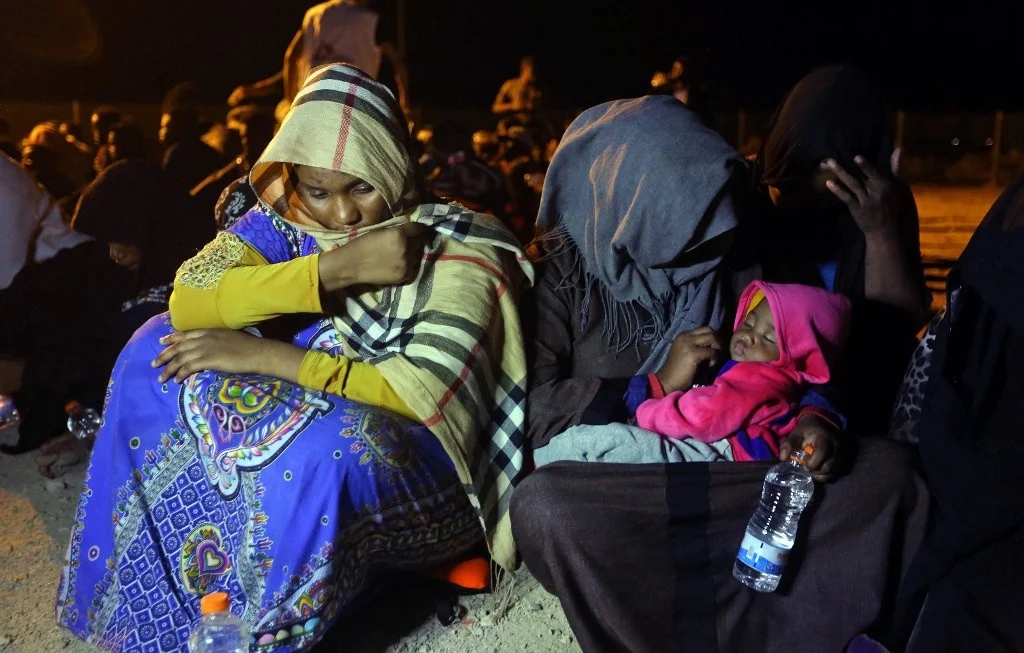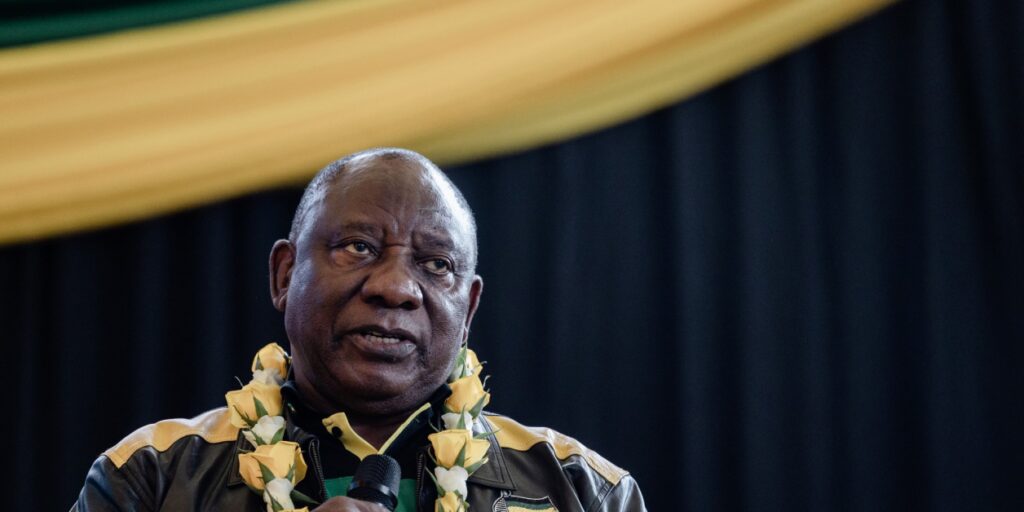Is There a Future in Politics for Russia’s Wagner Boss, Yevgeny Prigozhin?
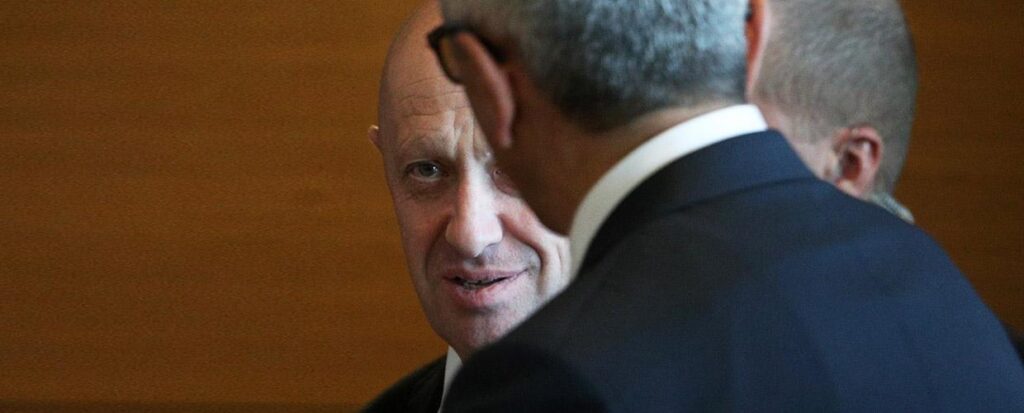
In the current political system, Prigozhin can only be against the elite so long as he is for Putin. It would take the slightest sign from the president for the Wagner boss to disappear.
No one in Russia embodies the anti-elite essence of populist politics today like Yevgeny Prigozhin, formerly known as “Putin’s chef,” more recently as the boss of a vast troll network, and right now as head of the infamous Wagner mercenary army.


